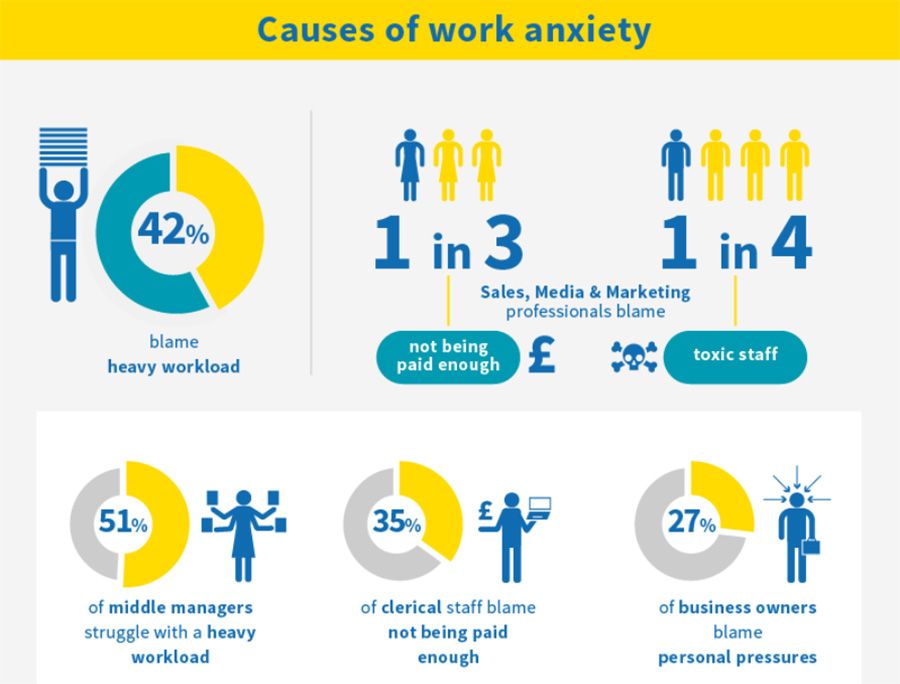Quarter of business owners would consider four-day week
By TheWAY - 10월 14, 2019
With AI and automation lessening the amount of labour needed for repetitive work tasks, while the UK is currently enjoying record employment, the belief that staff should be rewarded by working fewer hours without losing pay is growing. A new study has highlighted that even among bosses, favour for such change is growing.
The appetite of people in Britain for a four-day working week is growing rapidly. In July, a YouGov survey found that a majority of 64% of people were in favour of a three-day weekend. Meanwhile, in a bid to capture the imaginations of the voting public, the UK’s opposition of the Labour Party announced at its annual conference that if it were to form a government, it would introduce a 32-hour week for workers without them losing money within the next decade, as Shadow Chancellor John McDonnell told the Brighton audience people “work to live, not live to work.”
Now, a new report from insurance giant Aviva has added further momentum to calls among workers for a shortened working week. Investigating the infamous phenomenon of “Sunday dread” – or a feeling of anxiety when thinking of the coming week – the firm surveyed 2,000 workers from a variety of industries across the UK. The aim was to investigate the scale of the problem and the potential improvements which appropriate wellbeing initiatives and support could bring to businesses and employees alike.
The findings were startling. Three in every four employees stated they spent time dreading work during the weekend, while two-thirds of respondents said that they felt this went as far as to cut their weekend short – reducing what good their two days off could do to help them recuperate.
The worst hit by this sinking feeling were those just starting out in the world of work. While Aviva said this was “surprising” in the release of the results, however, if thought through it is perhaps not that much of a shock that 74% of those aged between 16 and 24 suffer anxiety about work – many of whom are drastically overqualified for the often menial, customer-facing roles they take to pay rent – compared to 54% in those over the age of 55, who are far more likely to have progressed in their careers, with more job security, and less chance of feeling the sharp-end of company savings drives.
In terms of the lines of work which are most likely to induce anxiety, education professionals and those working in retail, catering and leisure worked the most over the weekend, at 84%, while travel and transport professionals fare the best over the weekend with only 66%. This seems to have a major impact on anxiety levels, with travel and transport professionals sitting alongside arts and culture workers as the least likely to suffer work anxiety, at 54%.

When considering what causes stress, companies are often at pains to talk about anything other than pay. However, while workplace culture is important – a quarter of respondents said toxic workplaces caused them stress – data from sales, media and marketing professionals contacted by Aviva illustrated the central importance of pay. A third said they were not paid enough – something which inevitably piles on stress for employees at the weekend. Heavy workload (35%) and work taking over their lives in the week (28%) were also noted as common factors that can cause feelings of anxiety.
In order to combat Sunday dread and the associated anxiety it brings, 26% of business owners said they would consider introducing a 4-day week. While that is still well short of a majority, it shows just how much of an impact the modern world of work is having on the health of employees, that a large portion of employers are even willing to countenance something which will see them have to improve pay and conditions to their staff. With heightened stress and burnout levels, workforce attrition is a key inhibitor to productivity – something which could cost many firms dearly post-Brexit, or in an economic slowdown.
Debbie Bullock, Aviva’s Wellbeing Manager stated, “The culture of the organisation is all-important. If there is a culture of long hours, and of success being measured on the hours you work rather than the work you do, then colleagues will feel the need to mirror this behaviour. To effect change, leaders need to become role models – whether that’s finishing early to pick up their children, getting to a gym class, or going for a walk during lunch breaks, there’s a lot that can be done to lead by example.”




0 개의 댓글